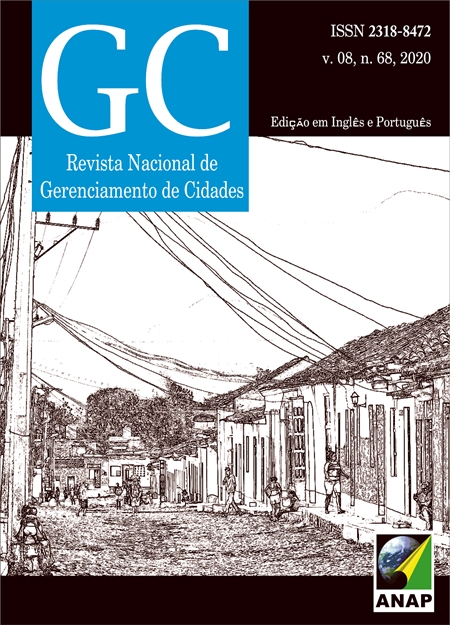Quality assessment of Social Interest Housing in Latin America: a systematic review
DOI:
https://doi.org/10.17271/2318847286820202740Palavras-chave:
Systematic literature review. Quality assessment. Social housingResumo
Historically, Latin America has accumulated problematic issues regarding the quality of social housing, as it does not meet the minimum standards (requirement) of adequate housing listed by the United Nations. These problems are identified through non-compliance with certain parameters and quality indicators, therefore, there is a need for further research into the evaluation of housing quality. Based on this understanding, this paper presents a systematic review on how the quality of social housing has been assessed in Latin America. The “Systematic review method” was applied on the Scielo and CAPES periodic platforms, based on the selection of articles that fit the theme and (was) carried out in the stages of: scope definition, planning of search words, systematic research, screening of results, eligibility, and discussion of the results. The sample obtained consisted of 34 articles, within which, a concentration of publications centered on Southern Brazil and the presence of seven different thematic approaches, which indicated the multidisciplinarity of the subject, highlighting the method of ‘Post-Occupation Assessment’, in addition to gaps in scales-based assessment of housing and in the consideration of quality parameters classified as essential by UN-HABITAT (2015).Downloads
Os dados de download ainda não estão disponíveis.
Referências
Publicado
27-12-2020
Edição
Seção
Artigos Completos
Como Citar
SUTTI, Marcela Luana; FONTES, Maria Solange Gurgel de Castro; MAGAGNIN, Renata Cardoso. Quality assessment of Social Interest Housing in Latin America: a systematic review. Revista Nacional de Gerenciamento de Cidades, [S. l.], v. 8, n. 68, 2020. DOI: 10.17271/2318847286820202740. Disponível em: https://publicacoes.amigosdanatureza.org.br/index.php/gerenciamento_de_cidades/article/view/2740. Acesso em: 1 fev. 2026.















